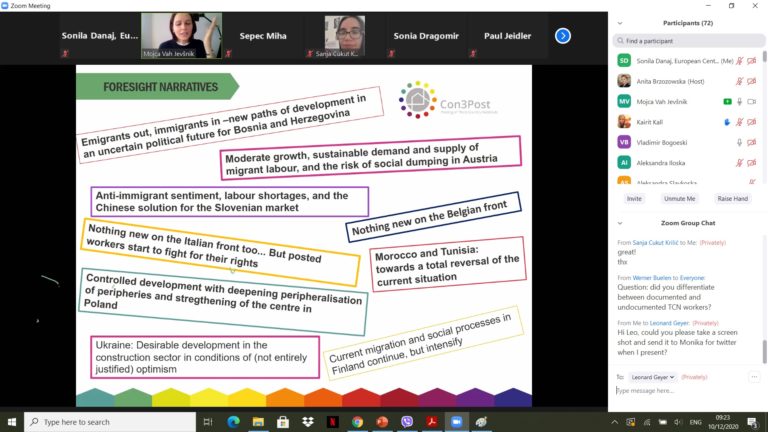Impact of the COVID-19 pandemic on the deinstitutionalization of child care reform in Ukraine
“The first wave” of the childcare deinstitutionalization reform in Ukraine started in 2008. As a result, since 2017, more than 90% of orphans and children deprived of parental care are raised in families or in family-type forms of care (under guardianship/custody, by relatives, in foster families, family-type child homes) according to the data of the Ministry of Social Policy of Ukraine.



